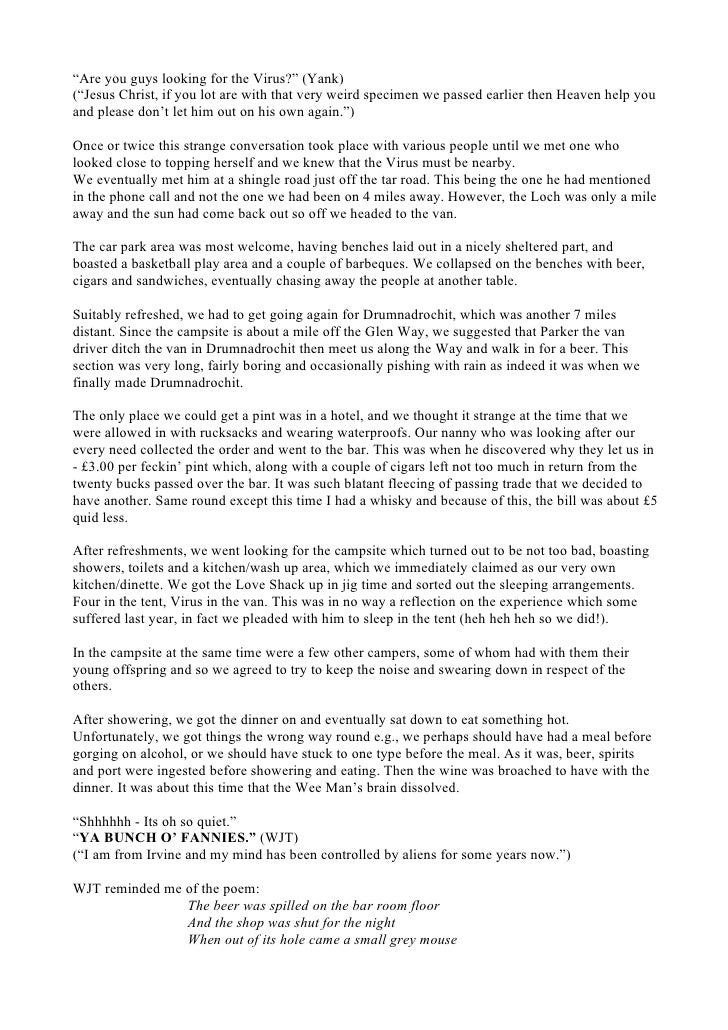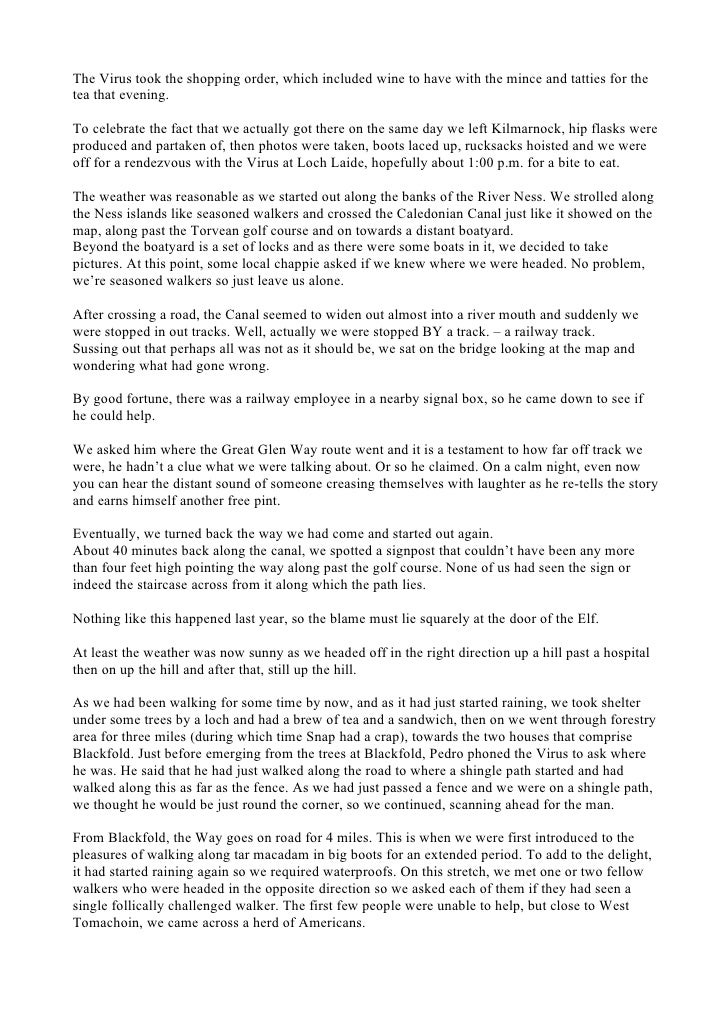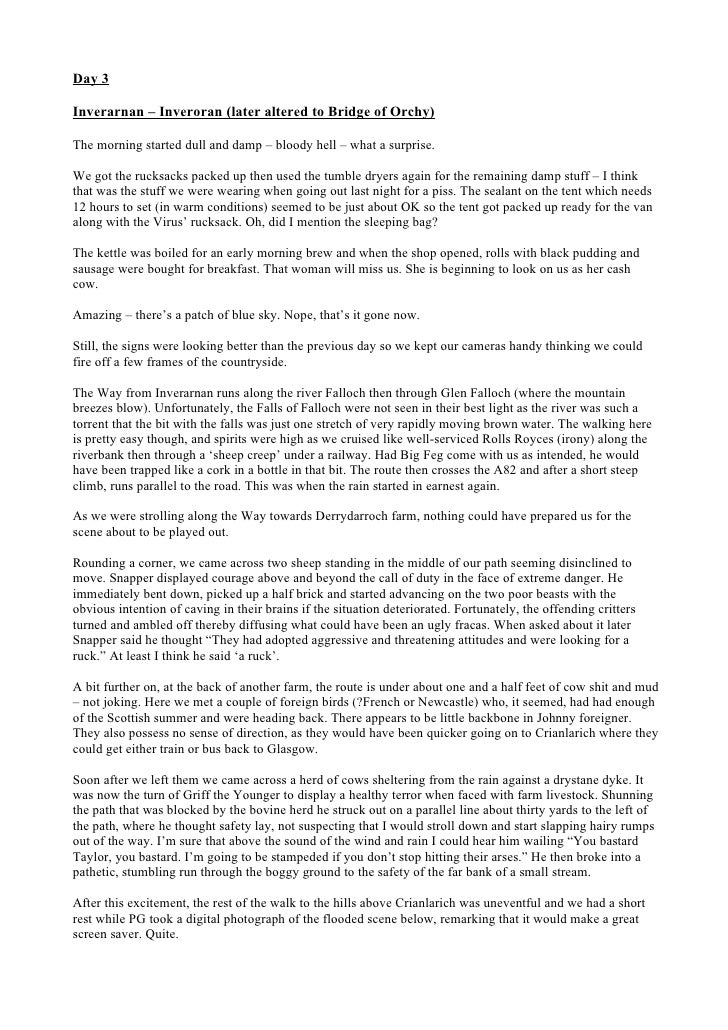


Where the telegraph was a straight line of communication from one person to another, the “grapevine telegraph” was a message passed from person to person, with some likely twists along the way. The communication grapevine was first mentioned in 1850s, the telegraph era.

Through the GrapevineĪ grapevine is a system of twisty tendrils going from cluster to cluster. That big pile of cut-outs isn’t going to sew itself together! 10. The image is more that your task is well defined and ready to be tackled, but all the difficult parts are yours to get to. It seems like if your work has been cut for you, it should make job easier, but we don’t use the expression that way. To do a big sewing job, all the pieces of fabric are cut out before they get sewn together. The expression you’ve got your work cut out for you comes from tailoring. The idea became part of literature and part of the culture, giving us the proverb every cloud has a silver lining in the mid-1800s. The expression can be traced back directly to a line from Milton about a dark cloud revealing a silver lining, or halo of bright sun behind the gloom. The silver lining is the optimistic part of what might otherwise be gloomy. Hands down comes from horse racing, where, if you’re way ahead of everyone else, you can relax your grip on the reins and let your hands down. If too many people were gathering and looking ready for trouble, an officer would let them know that if they didn’t disperse, they would face punishment. It went into effect only when read aloud by an official. When you read someone the riot act you give a stern warning, but what is it that you would have been reading? The Riot Act was a British law passed in 1714 to prevent riots.


 0 kommentar(er)
0 kommentar(er)
